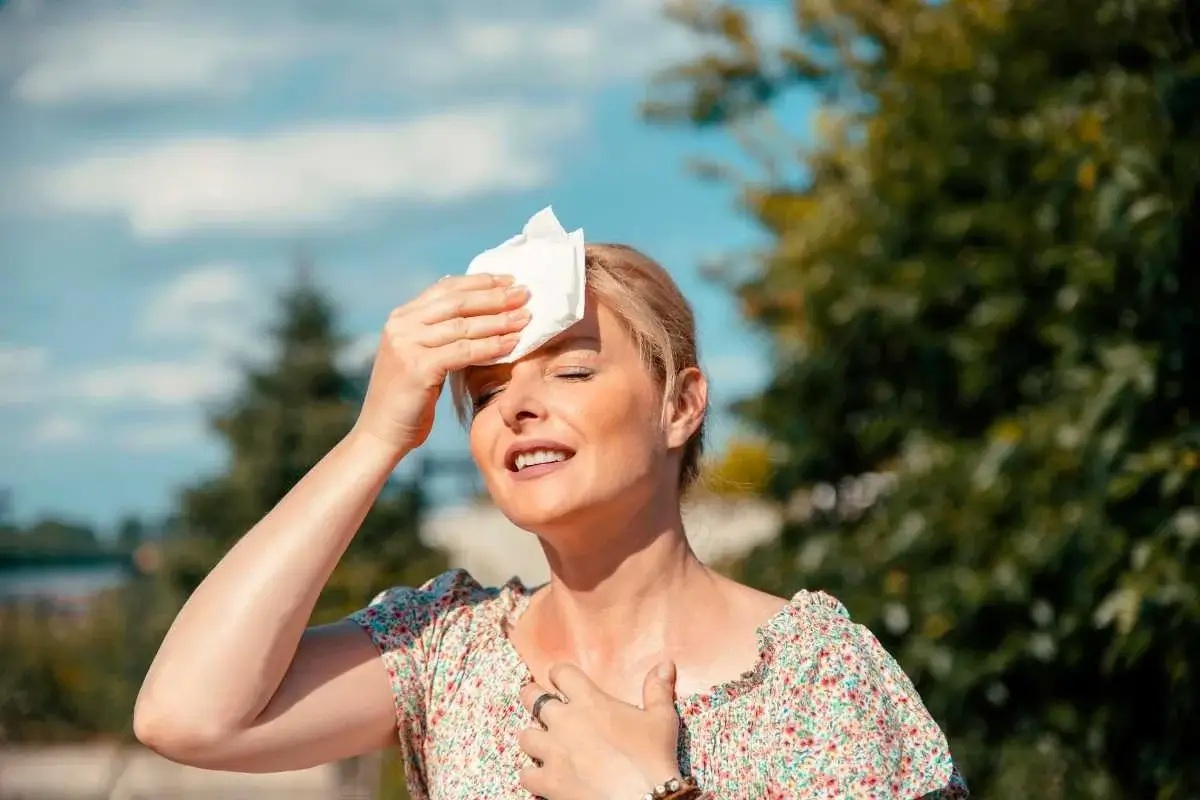
Rising global temperatures are creating serious challenges for both physical and mental health. Heatwaves and higher average temperatures can cause heat exhaustion, heatstroke, and dehydration, putting the elderly, children, and those with chronic illnesses at the greatest risk. Extreme heat also affects mental well-being, increasing stress, anxiety, depression, and even aggression in some individuals.
The effects of rising temperatures extend beyond direct heat-related illnesses. Hotter conditions can worsen air pollution, leading to more cases of asthma and other respiratory problems. Warmer climates also help disease-carrying insects like mosquitoes spread illnesses such as malaria and dengue fever to new regions. These combined impacts show how deeply climate change affects human health and underscore the urgency of finding adaptive and preventive solutions.
What groups of people are most vulnerable to the health risks caused by rising temperatures? How can cities and communities better prepare for and reduce the effects of heatwaves and extreme weather? What steps should healthcare systems take to handle the growing number of climate-related illnesses? How can mental health professionals and policymakers work together to address the emotional and psychological toll of climate change?
Use the online submission form when sending your articles to help us track all of your submissions. Please try to write about the above topic. Your response should be at least 1,000 words.
To receive credit, your effort is what matters. You should find ways to contribute thoughtful ideas that will help others. Feel free to use personal stories or other information that you want to share, but do not use real names or other identifying information. You may write your response in the space provided or upload your response. Once we review your response, you will receive credit.
Click the button below to submit your article and get your credit.